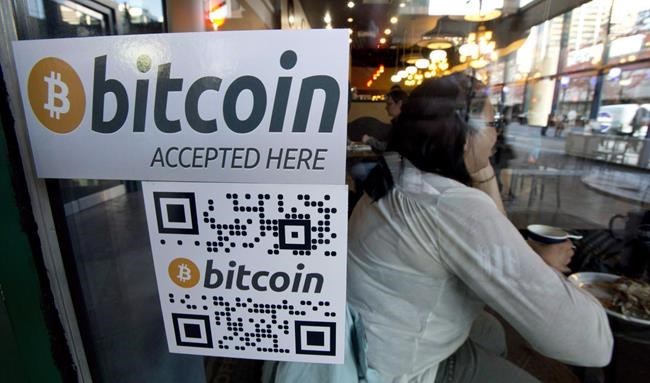OTTAWA ŌĆö Prime Minister Justin Trudeau says about half of the money being raised for protesters blockading Parliament Hill and several border crossings is coming from the United States, but an expert says attempting to stop the flow of cash is like playing a game of whack-a-mole.
An order recently approved by an Ontario court to freeze millions raised through GiveSendGo will be effective at least temporarily in stopping those funds flowing into organizers' hands, said anti-money laundering expert Matthew McGuire.
The order, obtained by the provincial government, prohibits not only the fundraising platform and organizers, but third-party payment processors and financial institutions, from disposing of or dealing with the millions raised.┬Ā
"The prohibition that really matters is the prohibition against Canadian financial institutions and payment processors dealing with the donations themselves. And so that can lock them in place here," McGuire said.
So far, around US$8.8 million has been raised through the GiveSendGo campaign page, a Christian fundraising platform, and more than $700,000 has rolled in through another page on the website called "Adopt-a-Trucker."┬Ā
McGuire said the order serves as a notice to institutions like banks that if "you deal with funds related to this subject ŌĆ” you do so at your own peril."
In an affidavit filed along with Ontario's application, Ottawa Police Service detective Chris Rhone outlines how he believes the money raised through these campaigns is offence-related property.
The officer goes on to say the donations "are facilitating the indictable offence of mischief which has been committed, is being committed, and is intended to be committed for so long as there are funds available to keep protesters and their trucks in Ottawa."┬Ā
The campaigns were quickly put together last week after GoFundMe cancelled an earlier fundraiser that had gathered more than $10 million. The website said it had determined the protest in Ottawa had turned into an "occupation."
Local police and leaders had raised concerns about the crowdfunded cash given how many of the hundreds of the trucks and protesters that rolled into the nation's capital had refused to leave, clogging up streets and sidewalks and resulting in nearby businesses shutting their doors.┬Ā
Two weeks after their initial arrival, some trucks have left Parliament Hill, but many others haven't budged. Drivers continue to honk their horns, albeit more sporadically, given a 10-day court injunction in place to prevent the incessant honking that residents heard for days.
McGuire said nothing can prevent another campaign from popping up, which would present the same challenge for governments and police.┬Ā
It's also no wonder convoy organizers are turning to cryptocurrency including Bitcoin to generate funds because it's decentralized, he said.
"You can't serve an order on the Bitcoin system as a whole. There's nobody there to take that instruction."┬Ā
Earlier in the week, convoy organizers touted Bitcoin as a way for supporters to ensure the protests are sustained, characterizing it as offering financial freedom. ┬Ā
In his affidavit, Rhone references how organizers "are already transitioning from traditional currency fundraising to Bitcoin fundraising" because they feel Bitcoin cannot be confiscated.┬Ā
McGuire said there are many ways for protesters to use cryptocurrency, including by changing it into other value. ┬Ā
"It's not hard to turn Bitcoin into a gift card," he said. "It's not hard to load it onto a prepaid card and use it like a regular Visa."
Trudeau said Friday that he spoke with U.S. President Joe Biden that morning about the influence of foreign money in funding the "illegal activity" on Parliament Hill and blockades at several border crossings.┬Ā
"We see that almost half of the funding through certain portals that is flowing to the barricaders here in sa╣·╝╩┤½├Į is coming from the United States," he told reporters.┬Ā
"Canadian banks are monitoring financial activity very closely and taking action as necessary."
This report by The Canadian Press was first published Feb. 11, 2022.
Stephanie Taylor, The Canadian Press



